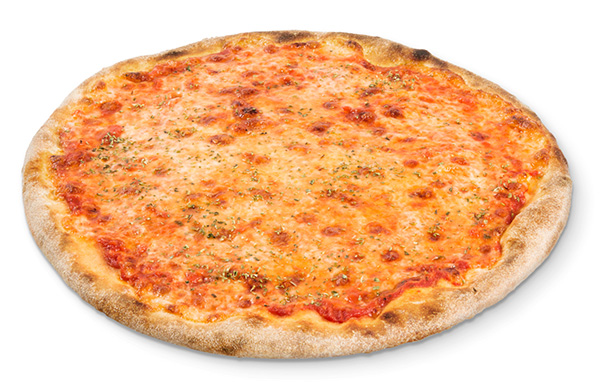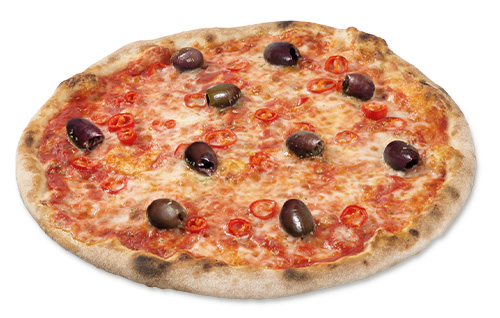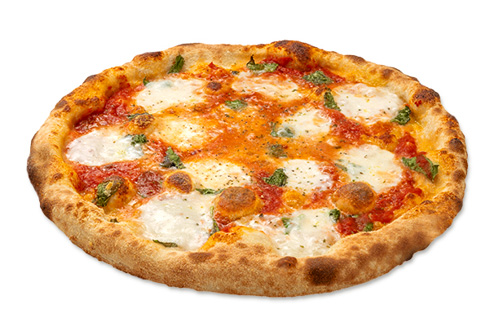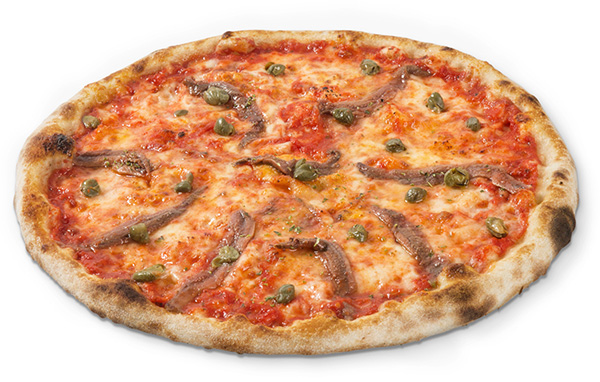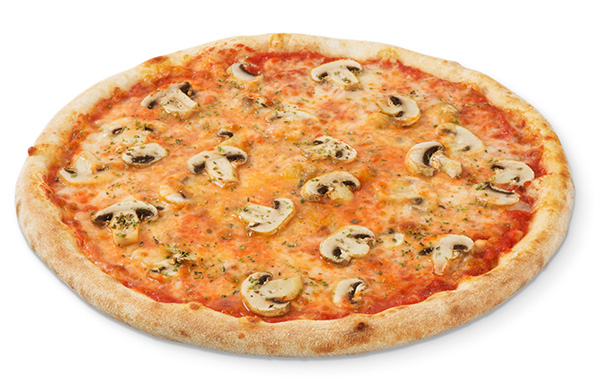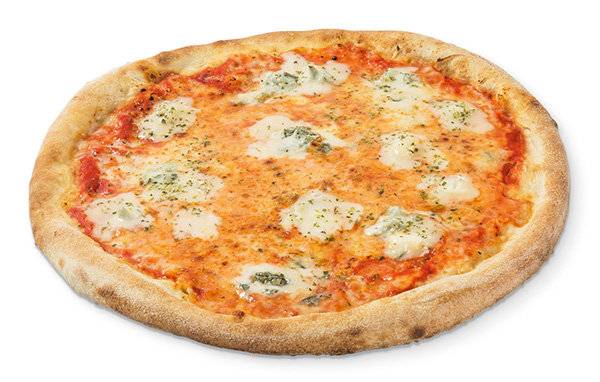Where dieci farina speciale comes from: a visit to Lindmühle

Flour – the most important ingredient in any dough. Surely it’s quite simple: pour wheat in at the top, the milled product comes out the bottom, right? Not exactly, as Fiona Weber-Lehmann one of the managers at Lindmühle explains with a smile. All flour is not equal, and definitely not dieci farina speciale. A visit to the mill in Birmenstorf clearly shows that milled grains come in all sorts of shapes and colours.
Old craft, modern approach
Lindmühle is surrounded by woods and fields. But you won’t find a hydro-powered mill wheel here. While the building sits idyllically right on the Reuss, the river has little to do with today’s flour production. From early on the Aargau-based mill has been committed to keeping up to date with digitisation, automation and transparency in the manufacturing process.
Swiss wheat only
Ever since 1836 – that is, for 17 generations – the family of Fiona Weber-Lehmann and her sister Jeannine have run the only mill in the country that exclusively processes Swiss wheat. “At other mills it’s common to buy in wheat from abroad. And the poor crops of 2021 actually show quite clearly why that’s the case,” explains the skilled miller. But Lindmühle – a distribution partner of dieci since 2017 – particularly values regional and local produce.
From grain to flour
A typical mill consists of several storeys. On the top floor, the pre-cleaned grain, such as wheat, UrDinkel spelt or rye, is separated from the husk and seedlings. However, the latter are not simply discarded, but rather they are used for animal feed for example. One floor down, the grain is milled, sifted and milled again – until the required fineness is achieved. Up to 14 cycles may be required. If it is a flour blend, ingredients such as salt are added directly. Depending on the type of grain and degree of grinding, many different flour blends are produced in this way, which are then tested at the on-site food laboratory. “Quality above quantity,” says Fiona Weber-Lehmann firmly. “After every milling process, we check the flavour, the right mineral content and even the elasticity of the dough – which is of course crucial for pizza dough.” Only the flour that passes the stringent testing is packed and delivered. “Our customers have to be able to rely on us, which is why we’d rather hold a bit too much of our flour back if there’s any doubt.”
An abundance of flour
Every day Lindmühle produces 50 tons of flour from around 60 tons of grain. Enough flour for over 350,000 pizzas. Enough pizza for every resident of the city of Bern to be able to order a dieci pizza at least twice a day. Every day lorries leave Lindmühle and head to our branches with a new load of dieci farina speciale. “That’s one of the reasons why we value the partnership with Lindmühle AG so much,” explains Peter Widmer, CEO of Dieci Natura AG. Not only does the mill meet our requirement for a tailor-made flour blend, but also our demand for regionality. dieci also appreciates the straightforward partnership and direct communication. “Our demand for flour has more than doubled in the past four years. But thanks to Lindmühle we have been able to increase this demand steadily and seamlessly – something we never take for granted.”
Want to discover our pizza dough for yourself? Then order now and experience true dieci quality.





